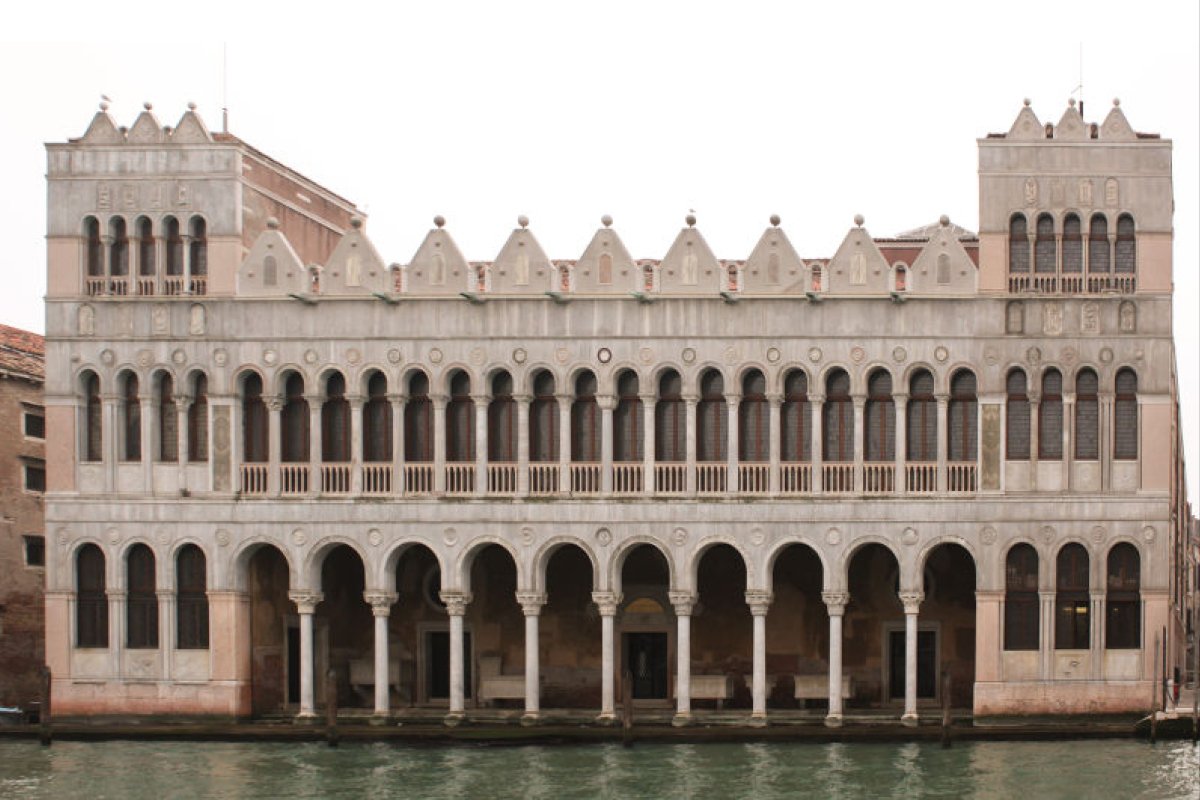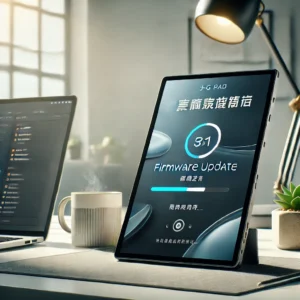Utilete Transforming Urban Living
The future of urban living is here, and it’s greener than we could have imagined. With the global push towards sustainability and efficient energy use, it solutions are emerging as a game-changer for cities around the world. But what exactly is it, and how can it revolutionize our urban spaces? This blog will explore these questions, offering valuable insights and practical tips for those passionate about sustainable living.
What is Utilete?
Utilete stands for “utility and electricity.” It refers to the integration of utility services, particularly electricity, in a way that maximizes efficiency and minimizes environmental impact. The concept of it is not just about providing energy; it’s about creating a comprehensive, smart grid system that optimizes resource use, reduces waste, and promotes sustainability.
The Rise of Smart Grids
Smart grids are the backbone of the utilete concept. Unlike traditional power grids, smart grids use digital technology to monitor and manage electricity flows. This real-time monitoring allows for better demand-response management and reduces energy losses.
Real-time Monitoring
Traditional grids can’t respond quickly to changes in electricity demand, leading to inefficiencies. Smart grids solve this problem by using sensors and advanced analytics to monitor energy use in real-time. This means utilities can adjust supply quickly, ensuring that energy is used more efficiently.
Demand-response Management
One of the biggest advantages of smart grids is their ability to manage demand-response. When demand for electricity spikes, smart grids can automatically adjust supply to meet it. This helps to prevent blackouts and reduces the need for expensive and polluting peaker plants.
Reducing Energy Losses
Energy losses in traditional grids can be significant, often due to outdated infrastructure. Smart grids, with their real-time monitoring and advanced analytics, can identify and address these losses more effectively, making the entire system more efficient.
Renewable Energy Integration
One of the most exciting aspects of it is its potential for integrating renewable energy sources into the urban energy mix. Solar, wind, and even geothermal energy can be seamlessly incorporated into the system, reducing reliance on fossil fuels.
Solar Power
Solar panels are becoming increasingly common on rooftops and in solar farms. With a smart grid, the energy produced by these panels can be efficiently distributed where it’s needed most, reducing waste and maximizing the benefits of renewable energy.
Wind Energy
Wind turbines are another crucial component of renewable energy. Smart grids can optimize the use of wind energy by predicting wind patterns and adjusting the grid accordingly.
Geothermal Energy
Geothermal energy is a lesser-known but highly effective renewable energy source. By integrating geothermal plants into the smart grid, cities can benefit from a stable and sustainable energy supply.
Energy Storage Solutions
Efficient energy storage is another key aspect of the it concept. Batteries and other storage solutions can store excess energy produced during low-demand periods and release it when demand is high.
Advanced Batteries
Lithium-ion batteries are the most common type of energy storage, but new technologies are emerging that offer even greater efficiency and capacity. These advanced batteries can store large amounts of energy and discharge it quickly, making them ideal for smart grids.
Pumped Hydro Storage
Pumped hydro storage is another effective energy storage solution. It uses surplus electricity to pump water uphill to a reservoir. When electricity is needed, the water is released to flow downhill through turbines, generating power.
Thermal Storage
Thermal storage involves storing energy in the form of heat. This can be particularly useful in urban environments where space is limited. Thermal storage systems can store excess heat produced by renewable energy sources and release it when needed.

Efficiency in Urban Planning
Utilete doesn’t just apply to energy production and distribution; it also has significant implications for urban planning. By integrating it principles into city design, urban planners can create more sustainable and efficient communities.
Smart Buildings
Smart buildings are designed to be energy-efficient and responsive to the needs of their occupants. They use advanced sensors and automation systems to monitor and control lighting, heating, and cooling, reducing energy use and improving comfort.
Green Spaces
Incorporating green spaces into urban design is another important aspect of it. Green spaces help to reduce the urban heat island effect, improve air quality, and provide recreational opportunities for residents.
Transportation
Transportation is a major source of greenhouse gas emissions in urban areas. By integrating electric vehicles (EVs) and public transportation systems into the it framework, cities can reduce their carbon footprint and improve air quality.
Community Engagement
For utilete to be truly effective, it requires the engagement and participation of the community. Educating residents about the benefits of useful solutions and encouraging sustainable practices can go a long way in making cities more livable and environmentally friendly.
Education Programs
Education programs can help residents understand the benefits of utilete and how they can contribute. These programs can cover topics such as energy conservation, renewable energy, and sustainable living practices.
Incentives
Incentives can also play a crucial role in promoting utilete. For example, offering rebates for energy-efficient appliances or subsidies for solar panel installation can encourage residents to adopt sustainable practices.
Community Projects
Community projects can bring people together and foster a sense of ownership and pride in their neighborhood. Projects such as community gardens, renewable energy installations, and public transportation initiatives can make a significant impact.
Case Studies of Successful Utilete Implementations
To better understand the potential of utilete, let’s look at some real-world examples of successful implementations.
Amsterdam, Netherlands
Amsterdam is a pioneer in the field of smart grids. The city has implemented a comprehensive smart grid system that integrates renewable energy sources, energy storage solutions, and advanced analytics to optimize energy use.
Vancouver, Canada
Vancouver has embraced utilete principles in its urban planning. The city has invested in renewable energy sources, energy-efficient buildings, and green spaces to create a more sustainable and livable environment.
Singapore
Singapore is another city that has successfully implemented utilete solutions. The city’s smart grid system uses advanced sensors and analytics to monitor and manage energy use in real-time, reducing waste and improving efficiency.

The Future of Utilete
The future of utilete is bright, with new technologies and innovations constantly emerging. From advanced energy storage solutions to more efficient renewable energy sources, the potential for utilete to transform urban living is immense.
Emerging Technologies
New technologies are continually being developed to improve the efficiency and effectiveness of utilete solutions. These include advanced materials for energy storage, more efficient solar panels, and innovative ways to integrate renewable energy into the grid.
Policy and Regulations
Government policies and regulations will play a crucial role in the future of utilete. Supportive policies can encourage the adoption of utilete solutions and drive innovation in the field.
Global Collaboration
Global collaboration will also be important in advancing utilete. By sharing knowledge and resources, countries can work together to develop and implement effective utilete solutions.
How You Can Get Involved
If you’re passionate about sustainability and want to get involved in the utilete movement, there are many ways you can make a difference.
Support Renewable Energy
One of the easiest ways to support utilete is to choose renewable energy sources for your home or business. Many utility companies offer green energy options that allow you to support renewable energy production.

Advocate for Change
Advocating for change at the local, national, and global levels can also make a significant impact. Support policies and initiatives that promote utilete and sustainable living.
Educate Yourself and Others
Educating yourself and others about utilete and sustainable living practices is another important step. Share what you’ve learned with friends, family, and your community to spread the word and encourage sustainable practices.
Volunteer for Community Initiatives
Getting involved in local community initiatives focused on sustainability is a powerful way to make a difference. Volunteering for clean-up drives, tree planting events, or community garden projects not only helps improve your local environment but also fosters a sense of community and collaboration among residents.
Participate in Workshops and Events
Attend workshops and events that promote sustainability and utilete principles. These gatherings often provide valuable information and practical skills that can empower you to implement sustainable practices in your daily life while connecting you with like-minded individuals.
Support Local Sustainable Businesses
Consider supporting businesses that prioritise sustainability in their operations. This can include local farms that practice sustainable agriculture, shops that sell eco-friendly products, or companies that focus on renewable energy solutions. By choosing to spend your money wisely, you can help foster a culture of sustainability in your community.
Stay Informed
Finally, staying informed about the latest developments in utilete and sustainability can greatly enhance your ability to contribute. Read articles, subscribe to newsletters, and engage with advocacy groups to keep abreast of new technologies, policies, and best practices that can support sustainable living in urban environments.
Conclusion
Utilete has the potential to revolutionize urban living, making our cities more efficient, sustainable, and livable. By integrating advanced technologies, renewable energy sources, and community engagement, we can create a brighter future for all. If you’re interested in learning more about utilete and how you can get involved, consider signing up for our newsletter or joining one of our upcoming events. Together, we can make a difference and build a more sustainable world.














Post Comment